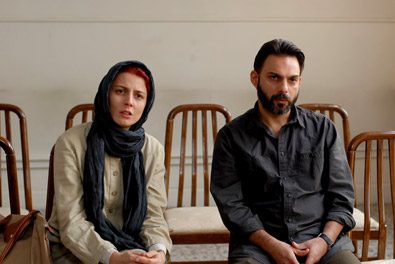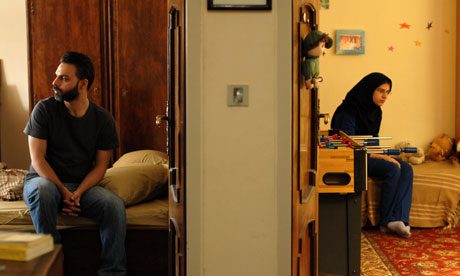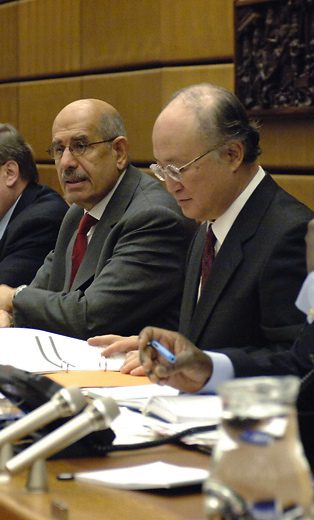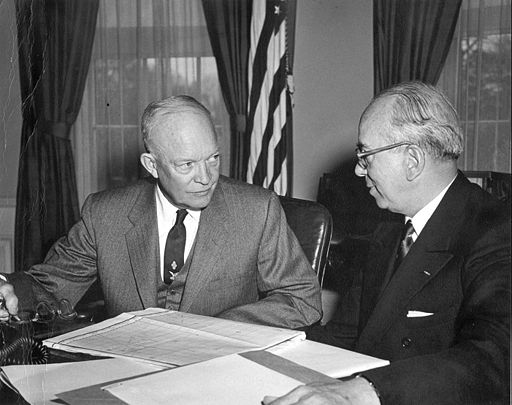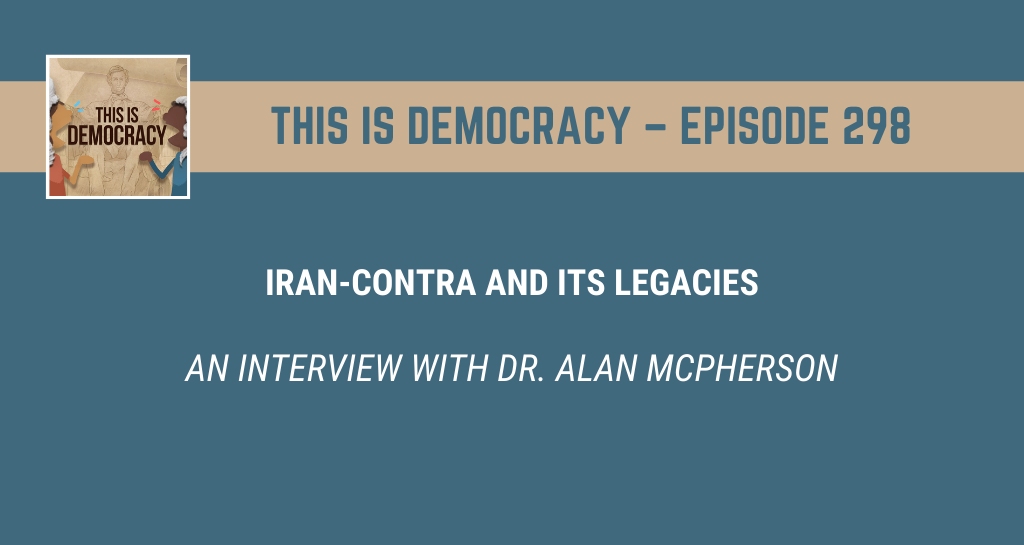
In this episode, Jeremi and Zachary Suri are joined by Professor Alan McPherson, an expert on US foreign relations who introduces his new book ‘The Breach: Iran-Contra and the Assault on American Democracy.’ Together, they discuss how this Iran-Contra scandal altered public trust in the American government and set troubling precedents for future administrations.
Zachary sets the scene with his poem titled “Same Old Lies”.
Alan McPherson is a professor of history at Temple University in Philadelphia. He is the author of numerous books on the history of U.S. foreign relations, including: The Invaded: How Latin Americans and their Allies Fought and Ended U.S. Occupations; Ghosts of Sheridan Circle: How a Washington Assassination Brought Pinochet’s Terror State to Justice; and, most recently, The Breach: Iran-Contra and the Assault on American Democracy.
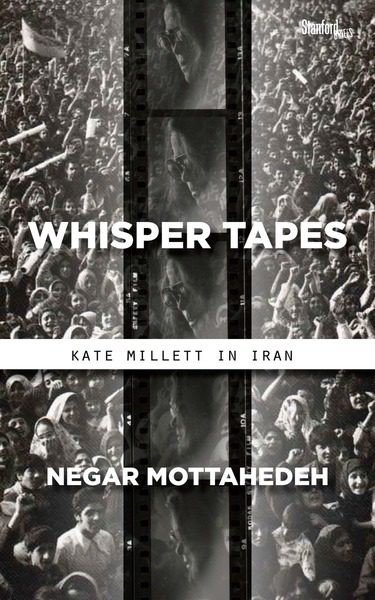
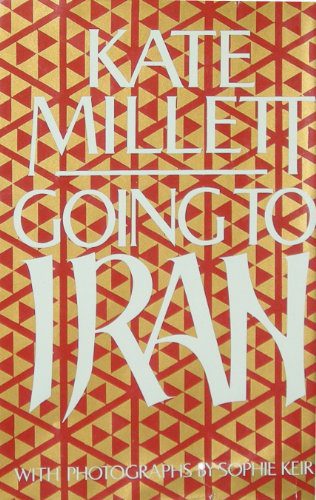
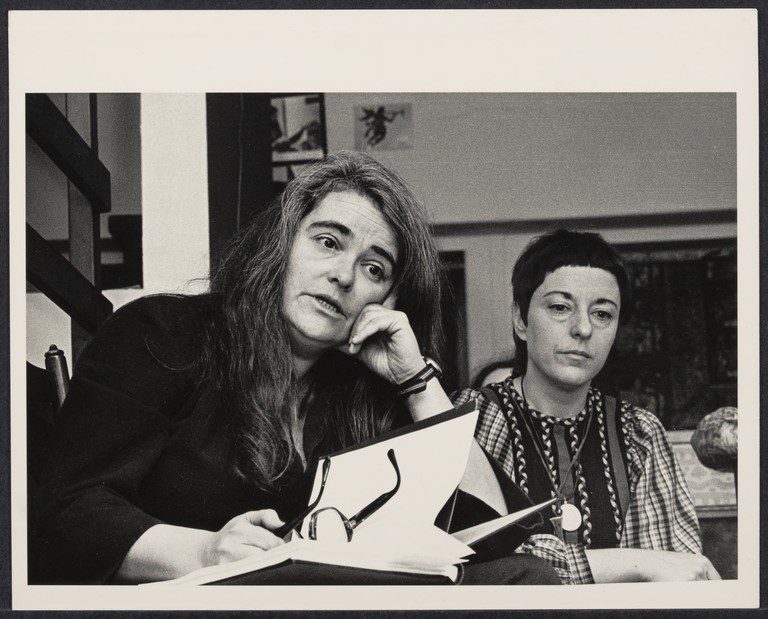
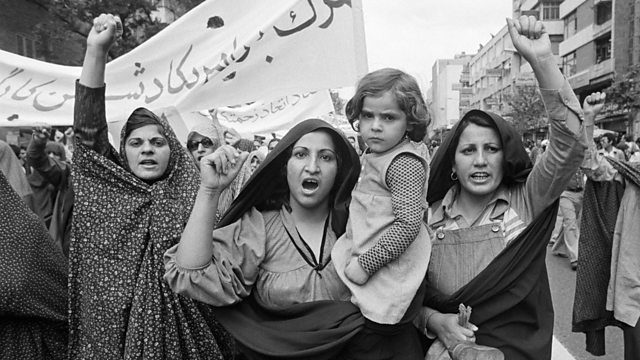

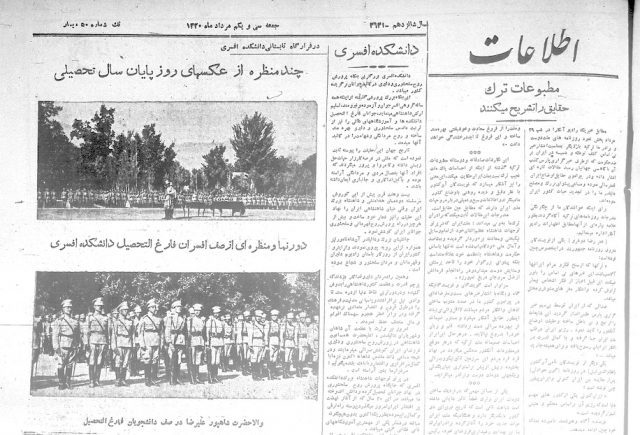
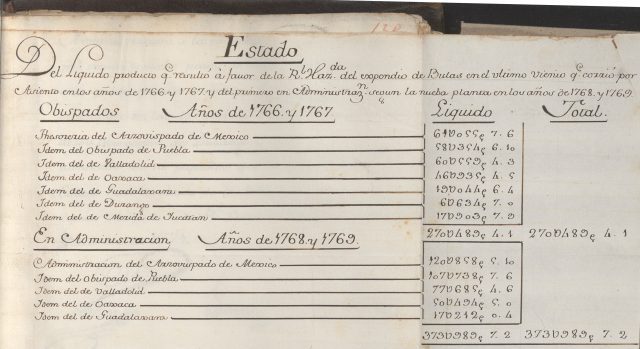
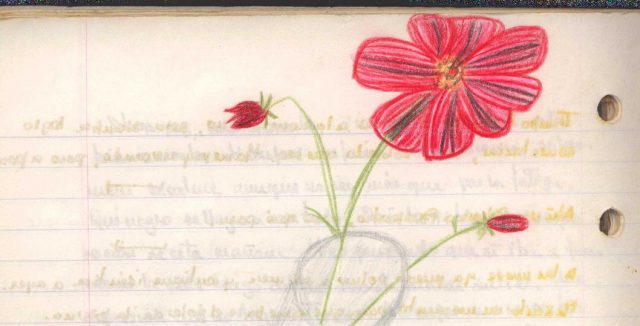
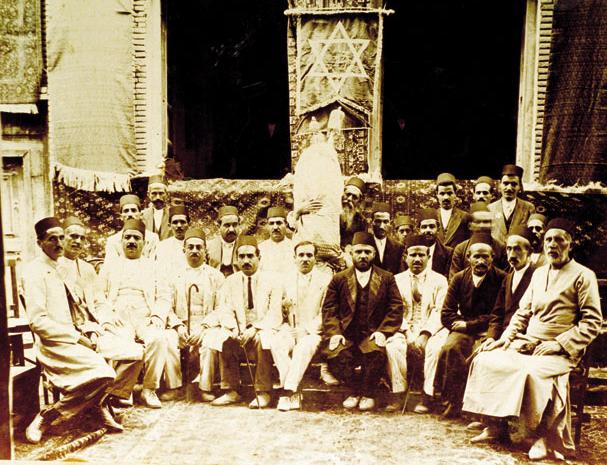
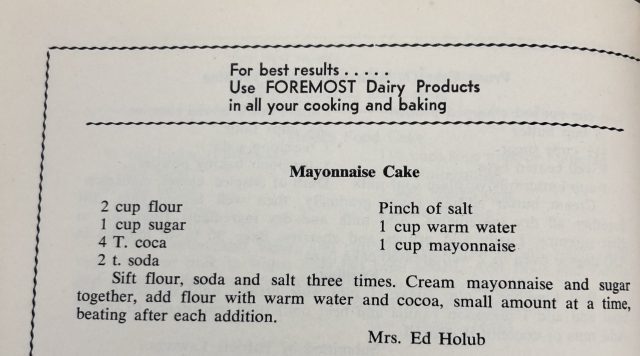
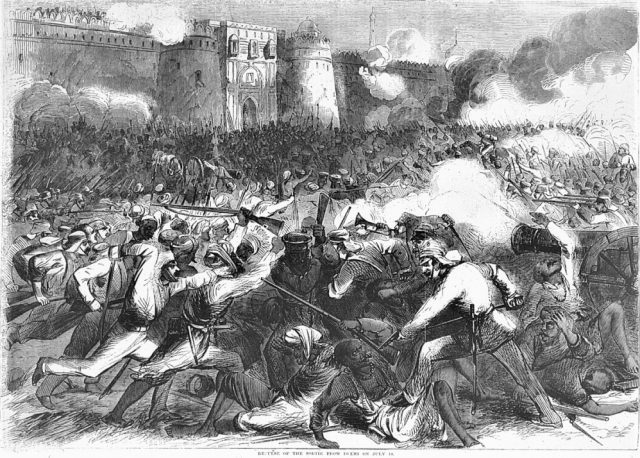

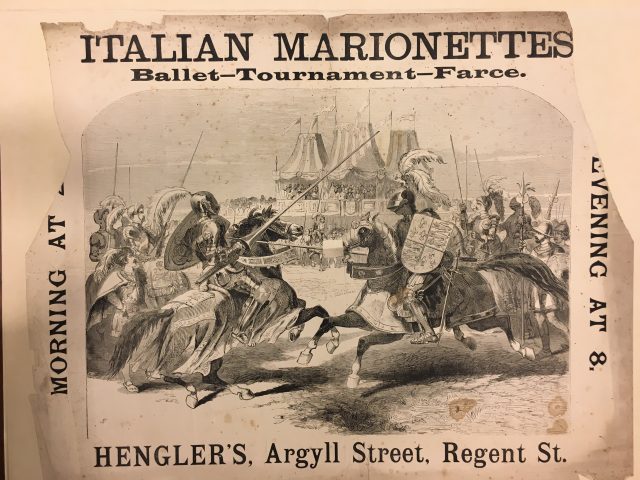
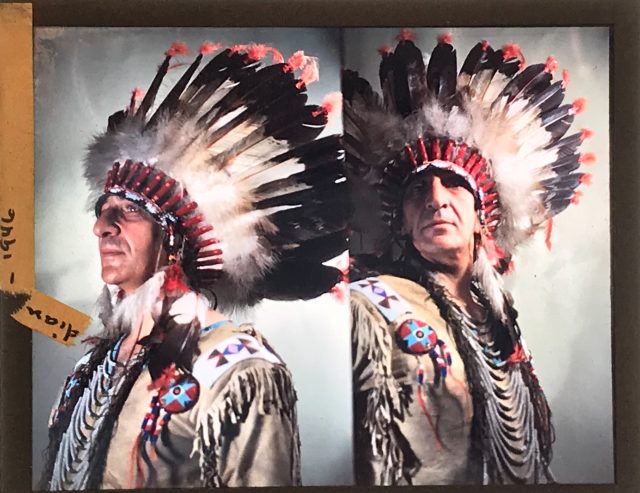
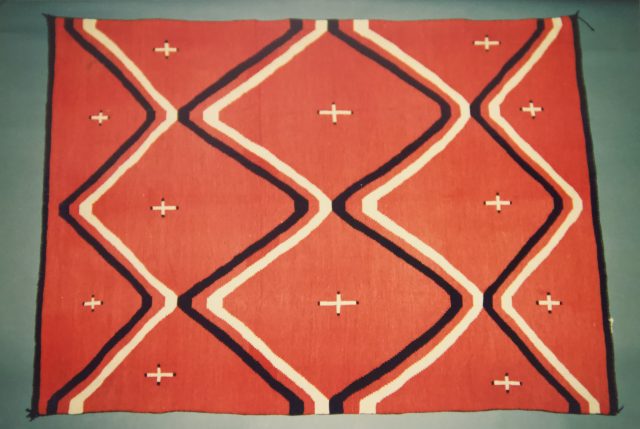
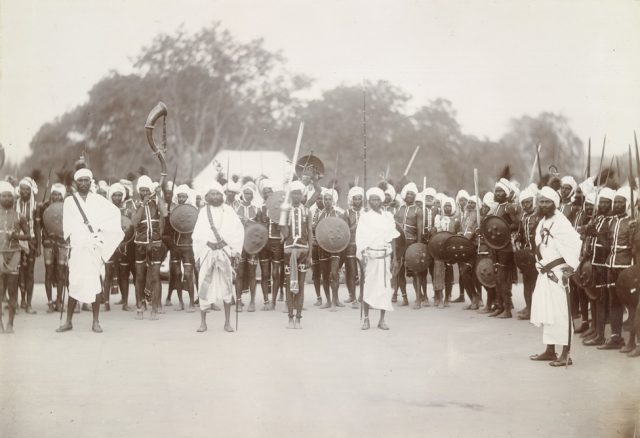
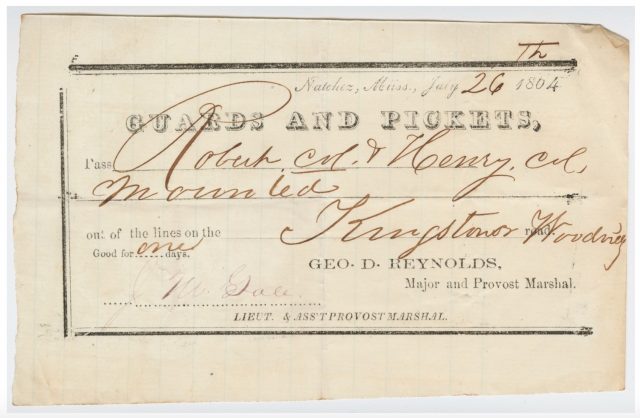
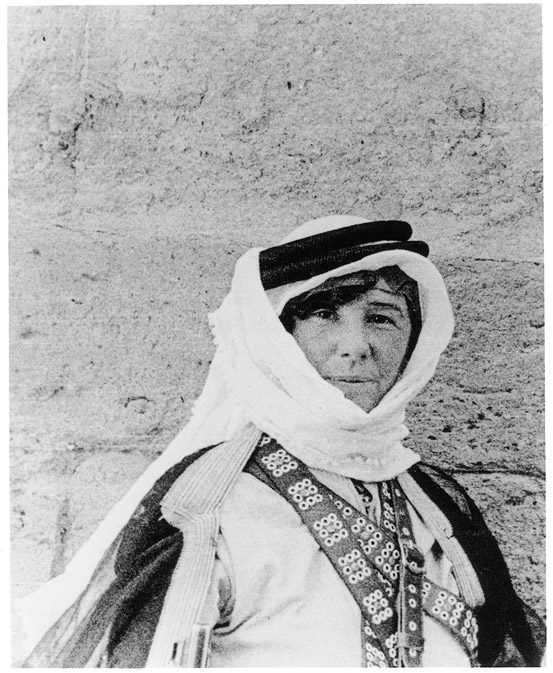
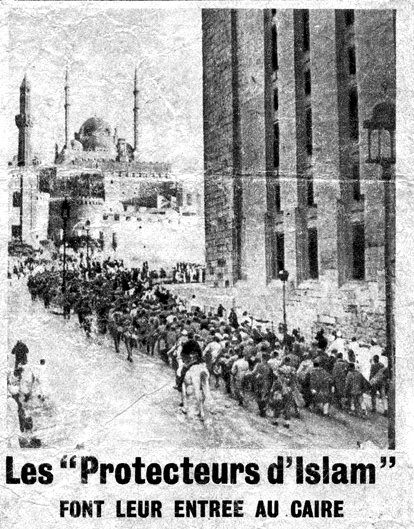
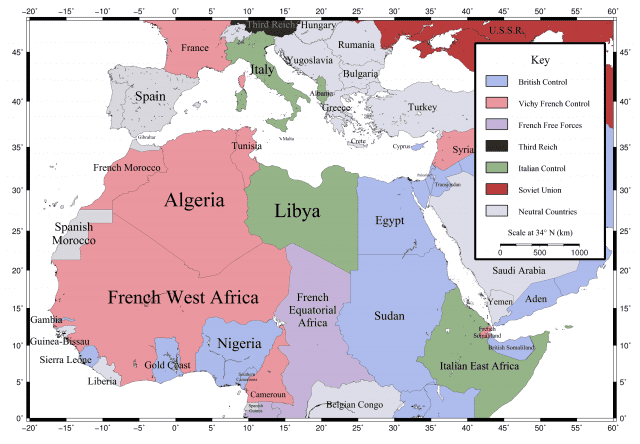
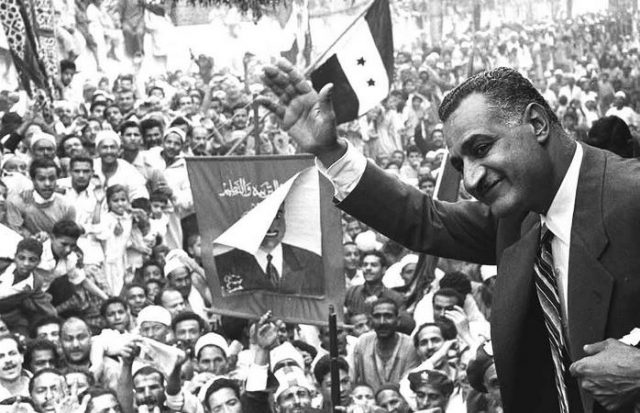
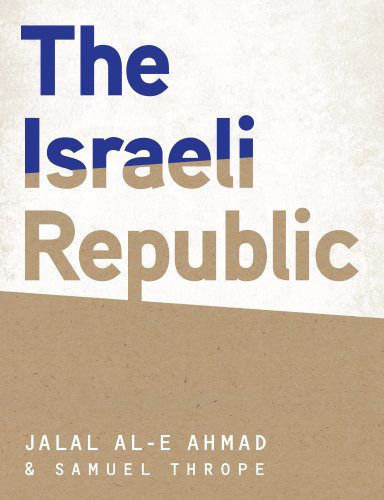


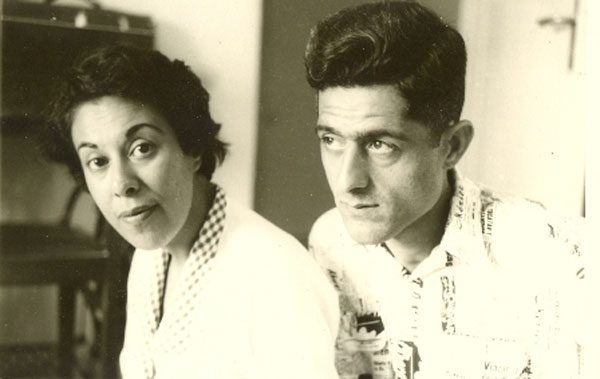
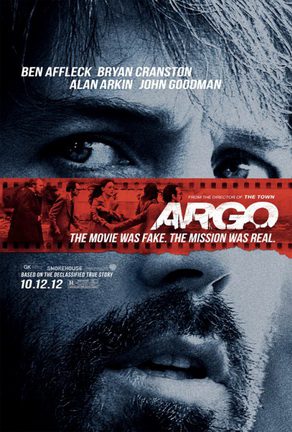 semi-animated sequence that explains American involvement in Iran following the 1953 CIA-orchestrated coup that deposed democratically elected Prime Minister Mohammad Mossadegh in favor of Shah Muhammad Reza Pahlavi.
semi-animated sequence that explains American involvement in Iran following the 1953 CIA-orchestrated coup that deposed democratically elected Prime Minister Mohammad Mossadegh in favor of Shah Muhammad Reza Pahlavi.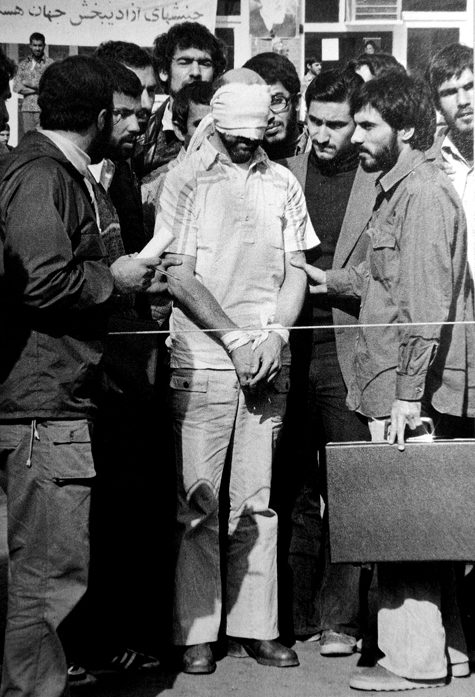 by a mob that took the embassy employees hostage. Initially, hopes were that Khomeini’s government would step in and release the hostages, as they had done previously, when the embassy was breached during the previous summer, but government officials instead sanctioned the hostage taking. The embassy employees would eventually be held in captivity for 444 days. The Iranian government agreed to release them on January 20, 1981—inauguration day in the U.S.—and held their plane on the tarmac at Tehran’s Mehrabad Airport until after Ronald Reagan had been sworn in as president. This was perceived as a final snub to outgoing president Jimmy Carter, who had stood beside the Shah in Tehran just three years earlier and proclaimed Iran “an island of stability in the Middle East.”
by a mob that took the embassy employees hostage. Initially, hopes were that Khomeini’s government would step in and release the hostages, as they had done previously, when the embassy was breached during the previous summer, but government officials instead sanctioned the hostage taking. The embassy employees would eventually be held in captivity for 444 days. The Iranian government agreed to release them on January 20, 1981—inauguration day in the U.S.—and held their plane on the tarmac at Tehran’s Mehrabad Airport until after Ronald Reagan had been sworn in as president. This was perceived as a final snub to outgoing president Jimmy Carter, who had stood beside the Shah in Tehran just three years earlier and proclaimed Iran “an island of stability in the Middle East.” intelligence officials who uncover the true identity of the “film crew” just as they prepare to board the plane, an unnecessary assault against a female gate agent who lacks the keys to reopen the gate once the plane is ready for departure, and an over the top chase scene involving revolutionary guards in late 1970s Chevrolets who manage to keep pace with a 747 thrusting down the runway for takeoff.
intelligence officials who uncover the true identity of the “film crew” just as they prepare to board the plane, an unnecessary assault against a female gate agent who lacks the keys to reopen the gate once the plane is ready for departure, and an over the top chase scene involving revolutionary guards in late 1970s Chevrolets who manage to keep pace with a 747 thrusting down the runway for takeoff. 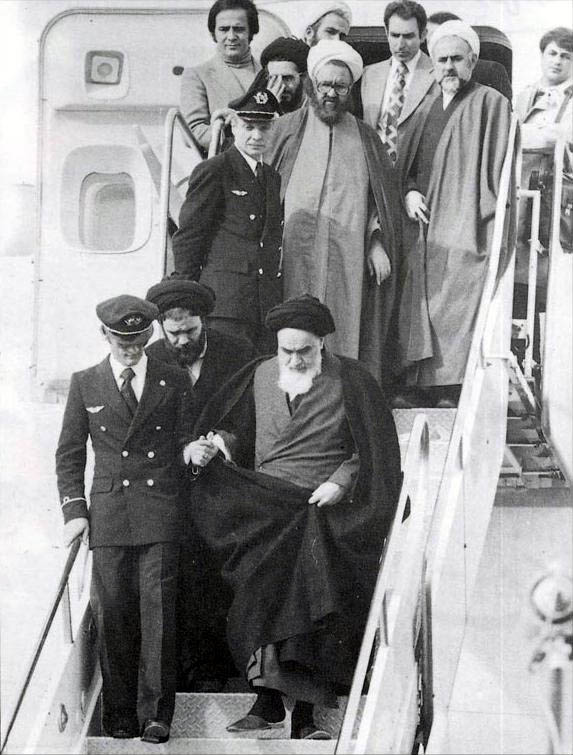 character in the film rises above the level of caricature, Sahar (Sheila Vand), the Taylor’s housekeeper. Her discomfort with the presence of the Americans in the household is eventually outweighed by her discomfort with the local komiteh—the ubiquitous neighborhood “committees” that sprang up after the Revolution to police the capital block by block—who become suspicious of the ambassador’s long-term “guests.” Sahar is eventually shown fleeing to neighboring Iraq, but it’s never quite explained why she needs to flee and what the repercussions of her remaining in Iran would have been. The scene is, instead, played tongue in cheek, meant to encourage audiences to roll their eyes at the thought of Iraq representing “safety.”
character in the film rises above the level of caricature, Sahar (Sheila Vand), the Taylor’s housekeeper. Her discomfort with the presence of the Americans in the household is eventually outweighed by her discomfort with the local komiteh—the ubiquitous neighborhood “committees” that sprang up after the Revolution to police the capital block by block—who become suspicious of the ambassador’s long-term “guests.” Sahar is eventually shown fleeing to neighboring Iraq, but it’s never quite explained why she needs to flee and what the repercussions of her remaining in Iran would have been. The scene is, instead, played tongue in cheek, meant to encourage audiences to roll their eyes at the thought of Iraq representing “safety.”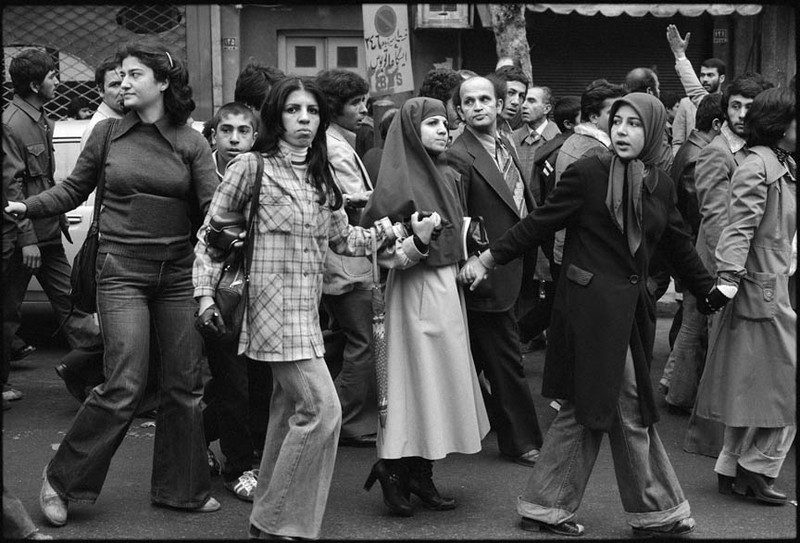
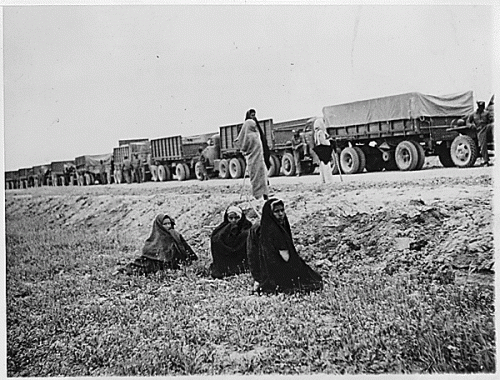
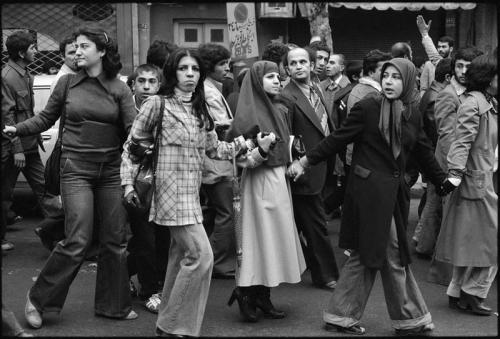
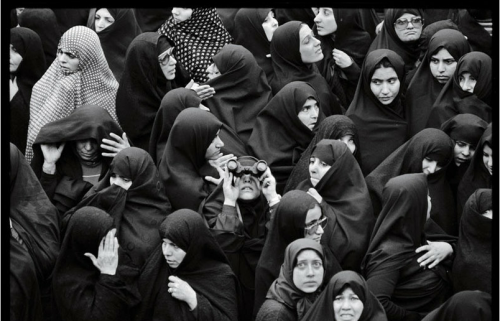
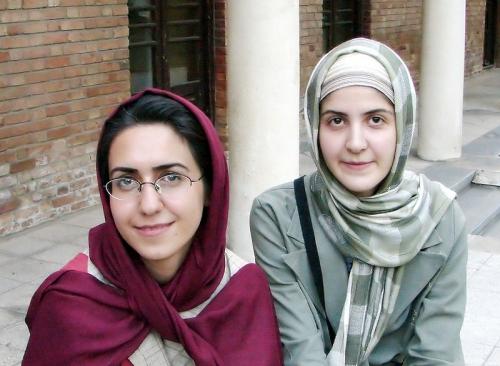
 As is indicated by the title, the film focuses on the separation of Nader and Simin, an affluent couple residing in Tehran. Simin wishes to escape Iran’s repressive society and move to Canada, which she believes is a more suitable environment to raise their daughter, Termeh. Nader refuses to leave under the pretext that he must stay in Iran to take care of his elderly father who is suffering from advanced Alzheimer’s disease. Their situation is further complicated by Razieh, a devout Muslim woman from the lower economic class, who is hired to help care for Nader’s father. Numerous financial and personal conflicts pit the well-off Nader and Simin against Razieh and her unemployed, debt-ridden husband, Hojat.
As is indicated by the title, the film focuses on the separation of Nader and Simin, an affluent couple residing in Tehran. Simin wishes to escape Iran’s repressive society and move to Canada, which she believes is a more suitable environment to raise their daughter, Termeh. Nader refuses to leave under the pretext that he must stay in Iran to take care of his elderly father who is suffering from advanced Alzheimer’s disease. Their situation is further complicated by Razieh, a devout Muslim woman from the lower economic class, who is hired to help care for Nader’s father. Numerous financial and personal conflicts pit the well-off Nader and Simin against Razieh and her unemployed, debt-ridden husband, Hojat.